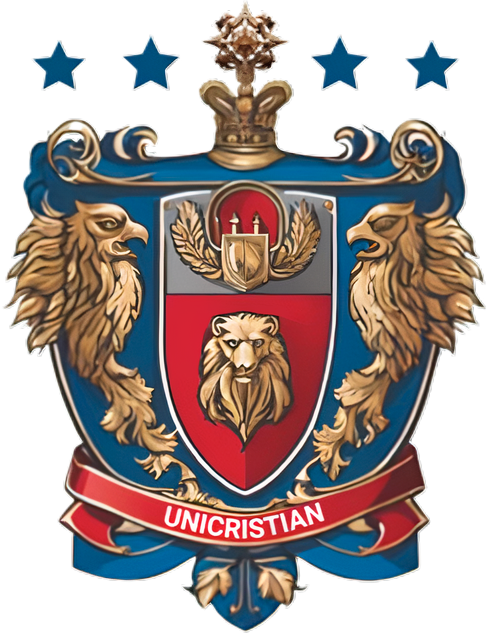
Master's and Doctoral degrees in Theology and Religious Studies
Master's and Doctoral degrees in Theology and Religious Studies
MASTER’S – Duration: 2 to 3 years | 100% online | Total Workload: 1,500 hours
DOCTORATE – Duration: 3 to 5 years | 100% online | Total Workload: 2,500 hours
Differences between Master's and Doctoral programs
The Theology and Religious Studies program proposes an interdisciplinary approach that establishes dialogues between theological thought and the different sciences that study the religious phenomenon, such as sociology, anthropology, psychology, and the history of religions. This program responds to the growing demand for researchers capable of moving between different fields of knowledge in the analysis of religious phenomena.
Course Presentation
The complexity of the religious phenomenon in the contemporary world demands approaches that articulate theological and scientific perspectives. This program aims to train researchers competent to engage with different traditions of knowledge, contributing to a multidimensional understanding of religion and its interfaces with society, culture, and other areas of knowledge.
Course Program
1st Semester
- Scientific Methodology
- Theological Epistemology
- Sociology of Religion
- History of Religions
- Theological Deepening I
- Training of Pastors and Religious Leaders I
2nd Semester
- Anthropology of Religion
- Psychology of Religion
- Philosophy of Religion
- Phenomenology of Religious Experience
- Theological Deepening II
- Training of Pastors and Religious Leaders II
3rd Semester
- Comparative Religions
- Evolution of Christian Liturgy I
- Religion, Technology and the Future
- Religion, Politics and Public Space
- Theological Deepening III
4th Semestre
-
Dissertation/Thesis Guidance and Preparation
Additional Courses for the Doctorate (5th and 6th Semesters)
- History of Thought
- Contemporary Theological Thought Christianity and Globalization
- Ecumenical Movements: History and Perspectives
- Evolution of Christian Liturgy II
- Christianity and Postmodernity
- Training of Pastors and Religious Leaders III
- Thesis Guidance and Elaboration